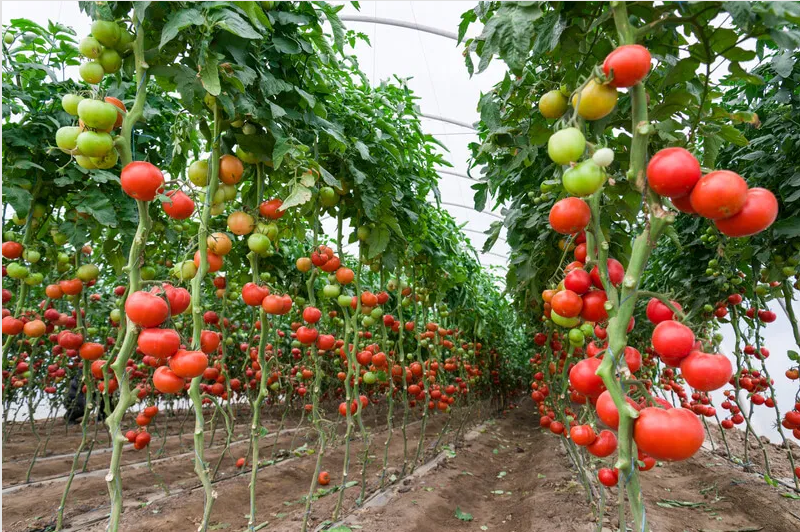
Fruiting vegetables such as tomatoes are 17% cheaper – © Maksudkr | Dreamstime.com
Swiss prices fell by 0.1% in November 2019, the sixth time in 12 months. But not everything is cheaper.
Prices fell in December 2018 (-0.3%), January 2019 (-0.3), July (-0.5), September (-0.1), October (-0.2%) and November 2019 (-0.1). When combined with the low inflation experienced in the other 6 months the 12-month price drop is -0.1%.
Not everything has gone down in price however. Swiss inflation calculations include price movements across a wide basket of goods and services.
The prices of some things have dropped far more than 0.1% over the last 12 months. Likewise, some things have risen in price.
Prices rose or remained steady for clothing and footwear (+3.3%), housing (+0.0%), recreation and culture (+0.0%) and restaurants and hotels (+0.5%). These items make up around 47% of a typical household budget.
Things that have experienced significant 12 month price declines are home energy (-4.7%), healthcare (-0.6%) – this doesn’t include health insurance premiums, transport (-1.2%) – fuel prices fell 6.5%, and food (-1.4%). These four things together make up around 40% of a typical household budget.
The last 12 months have been kind to those on whole plant food diets. Food price drops were greatest for those with a preference for fresh fruit and vegetables (-4.0%) and cereals (-3.9%). Fruiting vegetables, such as tomatoes, cucumbers, olives, peppers, pumpkins, aubergines, sweet corn and avocados are 16.6% cheaper than they were 12 months ago.
Lovers of meat and dairy (+0.2%), on the other hand, will not have felt the same price busting effects of deflation.
Full story here Are you the author? Previous post See more for Next postTags: Deflation,Editor's Choice,newsletter,Personal finance






























